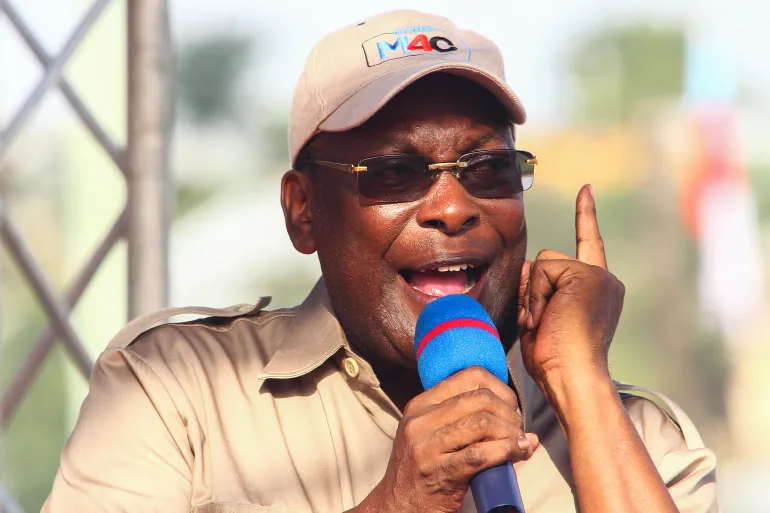A recent study commissioned by the University of Dodoma has shed light on the glaring lack of internal democracy within Tanzania’s opposition parties. Published last month, the study revealed a disheartening trend of stage-managed party elections, often designed to perpetuate the incumbent’s power. This phenomenon becomes particularly pronounced in parties where clear succession paths are absent from their constitutions.
According to the findings, the chances of an incumbent chairperson being unseated are minimal, with party elections often serving as mere formalities rather than genuine contests. This lack of intra-party democracy has long been a concern among political observers, who note instances of leadership manipulation and power struggles plaguing many of the country’s 19 registered political parties.
The prevailing sentiment is that while opposition leaders vocally advocate for democracy during general elections, they fail to uphold these principles within their own parties. This hypocrisy underscores the urgent need for meaningful reform within Tanzania’s political landscape.
One notable exception to this trend is the ACT-Wazalendo party, which recently garnered praise for facilitating a smooth transition of leadership. Former party leader Zitto Kabwe stepped down in accordance with the party’s term limits, passing the baton to Dorothy Semu. Kabwe emphasized the importance of fostering genuine democracy within political institutions, signaling a departure from the status quo.
However, such examples are rare among opposition parties. CHADEMA, the country’s second-largest opposition party, is poised to endorse its long-serving chairman, Freeman Mbowe, for yet another term. Despite mounting criticism and concerns over recent electoral reforms favoring the ruling party, Mbowe’s leadership remains unchallenged.
Similar criticisms are leveled against leaders of other opposition parties, such as John Cheyo of the United Democratic Party and Hashim Rungwe of CHAUMMA, who have maintained their grip on power for decades without facing internal elections.
The study’s recommendations call for a redefinition of relevant laws and stronger enforcement mechanisms to compel political parties to uphold democratic principles internally. It highlights the need for genuine competition in leadership elections and underscores the importance of transparency and accountability within party structures.
As Tanzania prepares for upcoming government and general elections, the findings of this study serve as a stark reminder of the challenges facing the country’s opposition parties in embracing true democratic values. Without meaningful reform, the gap between rhetoric and reality within Tanzania’s political landscape is likely to persist.


